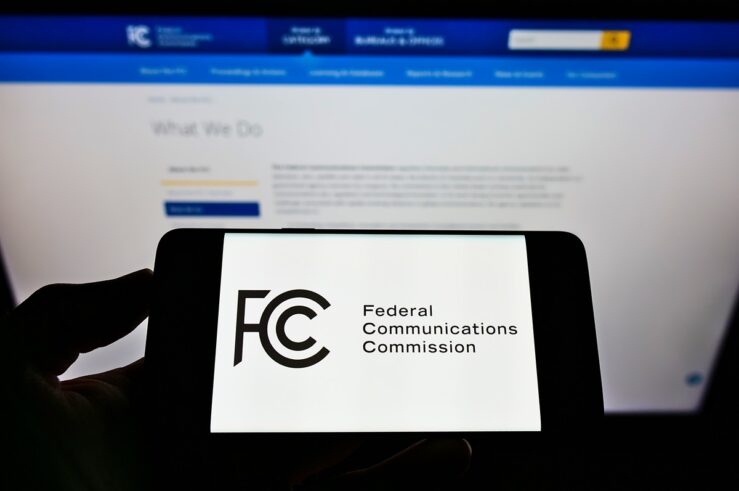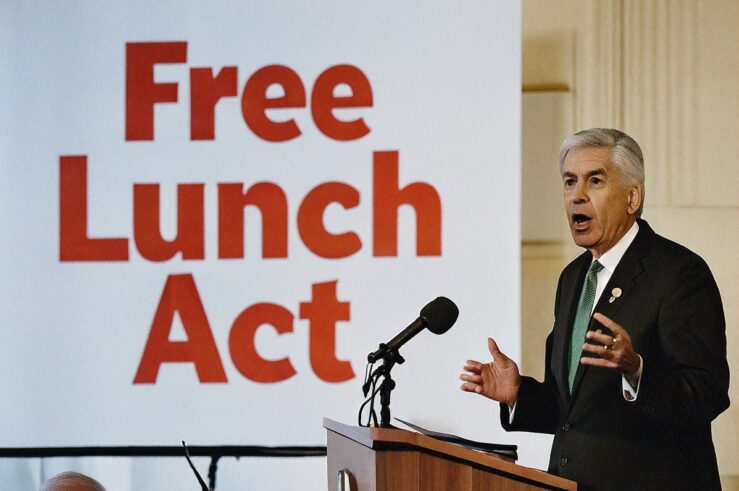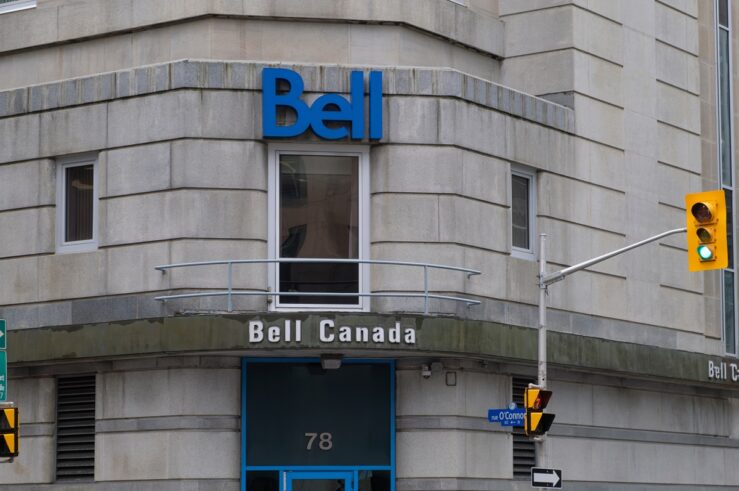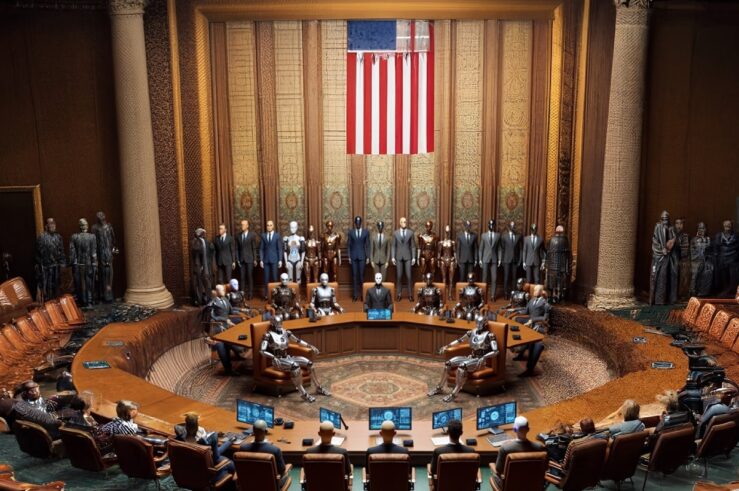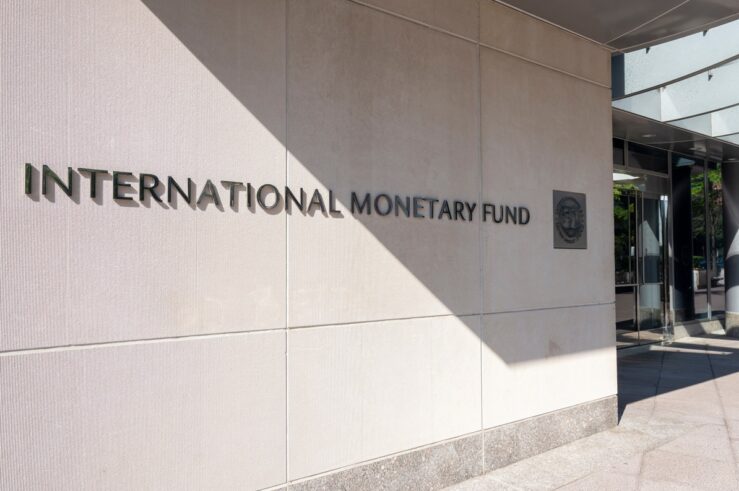Showing results for: “FTC policy statement unfair methods of competition”
What Project 2025 Can Tell Us About Brendan Carr’s FCC Priorities
My high-school-aged son came home from school the day after Election Day in distress. His history teacher spent the entire class listing the Parade of Horribles in Project 2025 and its dire consequences for the United States. I asked my son, “Project 2025 is more than 900 pages. Do you think your teacher read it?” ... What Project 2025 Can Tell Us About Brendan Carr’s FCC Priorities
Clarifying Antitrust Law by Straightening Teeth
More than a century ago, the U.S. Supreme Court held that the Sherman Act does not interfere with the “unquestioned right to stop dealing,” but the legacy of the Aspen Skiing is that terminating voluntary cooperation with a rival can give rise to liability. A case now on appeal could determine whether the “right to ... Clarifying Antitrust Law by Straightening Teeth
Economics Still Matters for Policy
Politicians have stopped listening to economists. Well, I’m not sure they ever listened, but now they really don’t. The Wall Street Journal even declared this was “The Year Politicians Turned Their Backs on Economics.” As Greg Ip explained, “the candidates haven’t just demoted economic principles this year; they’ve jettisoned them altogether. It’s as if they wanted to flip the ... Economics Still Matters for Policy
Bell Canada’s Proposed Acquisition of Ziply: Regulators May Be the Least of Their Worries
Bell Canada, Canada’s largest communications company, recently announced plans to acquire Ziply Fiber, a fiber-internet provider in the Pacific Northwest. The C$7 billion deal represents Bell’s strategic play to expand its fiber footprint into the United States and to capitalize on growth opportunities in what it sees as an underserved U.S. fiber market. The proposed ... Bell Canada’s Proposed Acquisition of Ziply: Regulators May Be the Least of Their Worries
The FTC World Keeps On Turning
You’re no doubt aware that we’ve had a presidential election since my last column. Agency news seems pallid, in comparison, but those of you who’ve come here looking for deep insights into what it all means are liable to be disappointed, not to mention zero in number. “The Meaning of Life” is a movie by ... The FTC World Keeps On Turning
The AI Legislative Puzzle
With Donald Trump’s victory in this week’s presidential election, the federal government’s approach to the regulation of artificial intelligence (AI) stands at a crucial inflection point. While there may be pressure to rush through AI legislation during Congress’ upcoming lame-duck session, such haste could prove counterproductive for U.S. leadership in AI development. Instead, this transition ... The AI Legislative Puzzle
Assessing the Government’s Monopolization Case Against Visa
The U.S. Justice Department (DOJ) has initiated an antitrust monopolization case against Visa for various practices related to its debit-card services. The complaint centers on two primary theories of harm. The first is that Visa offers volume discounts in a manner that locks in merchant banks (or “acquirers”) into Visa’s debit-card network, which deprives rival ... Assessing the Government’s Monopolization Case Against Visa
Should the GDPR Prohibit AI?
The European Data Protection Board’s (EDPB) Nov. 5 stakeholder consultation on AI models and data protection—organized to gather input for an upcoming Irish Data Protection Commission opinion under Article 64(2) of the General Data Protection Regulation (GDPR)—showcased significant lingering disagreement on how the GDPR should apply to AI. While the event was not intended to ... Should the GDPR Prohibit AI?
What the IMF Gets Wrong About Costa Rica’s Payment-Card Caps
The Asamblea Legislativa de la República de Costa Rica (Costa Rica’s legislature) moved in 2020 to empower the Banco Central de Costa Rica (BCCR), the nation’s central bank, to impose price controls on fees charged by both payment-card issuers and acquirers. I have written previously about the perverse effects these price controls can generate (here, ... What the IMF Gets Wrong About Costa Rica’s Payment-Card Caps
The View from India: A TOTM Q&A with Shivanghi Sukumar
Could you tell us a bit about your background and how you got interested in digital competition regulation? I am a competition lawyer, and have been practicing competition law in India since the early days of its enforcement. A big part of my work has been related to the enforcement of behavioral provisions, and I’ve ... The View from India: A TOTM Q&A with Shivanghi Sukumar
The FCC’s Quixotic Quest to Regulate Broadband Data Caps
Internet use has soared since the COVID-19 pandemic. Between 2019 and 2022, average monthly data usage increased from 344 GB to 586 GB per month—a 70% increase. In 2019, only 16% of subscribers were on speed tiers of greater than 200 Mbps. By 2023, 74% had such speeds, and a third of subscribers had speeds ... The FCC’s Quixotic Quest to Regulate Broadband Data Caps
Weighing DOJ’s Proposed Remedies for Google’s Monopolization
The U.S. Justice Department (DOJ) has proposed remedies to a federal judge who held that Google illegally monopolized web search. In reviewing the DOJ’s recommendations, the judge should take into account the downsides of particular remedies, as well as their potential benefits. The judge should be careful not to impose remedies that could reduce innovation ... Weighing DOJ’s Proposed Remedies for Google’s Monopolization
